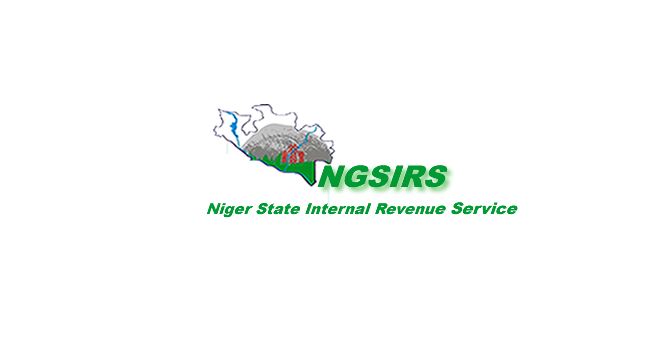News
Niger Govt orders closure of eight banks, AEDC office over alleged N456m tax debt

The Niger State Internal Revenue Service (NGSIRS) on Monday shut down eight commercial banks and the state head office of the Abuja Electricity Distribution Company (AEDC) over alleged N456 million tax debts.
Mr Mohammed Etsu, the Executive Chairman of the internal revenue Service, told journalists following the exercise that it was carried out in line with the provisions of the relevant tax laws of the state.
“What we are doing is in line with the provisions of the relevant tax laws,” he said.
Etsu identified the affected banks and their liabilities as: Stanbic IBTC (N113.2 million) Polaris Bank (N74.8 million), UBA (N68.9 million), Union bank (N47.1 million), First Bank (N45.7 million), Heritage Bank (N31.5 million) Unity Bank (N14 million) and GTB (N8.2 million).
Read also: AEDC Sacks over 500 Staff
Other defaulting organisations, he said, were: AEDC Plc, with a debt of N45.8 million, Aloe Vera International Hotel, in Minna, (N3.9 million) and Rashida Restaurant, also in Minna, (N3.2m).
The Chairman explained that all efforts by the Service to make the defaulting organisations pay their respective tax liabilities, yielded no positive results, thereby leading to the sealing of their business premises.
He called on other debtors to pay their outstanding tax liability, to avoid sealing of their offices by the Service, as the tax drive exercise was a continuous one.
Join the conversation
Support Ripples Nigeria, hold up solutions journalism
Balanced, fearless journalism driven by data comes at huge financial costs.
As a media platform, we hold leadership accountable and will not trade the right to press freedom and free speech for a piece of cake.
If you like what we do, and are ready to uphold solutions journalism, kindly donate to the Ripples Nigeria cause.
Your support would help to ensure that citizens and institutions continue to have free access to credible and reliable information for societal development.


















